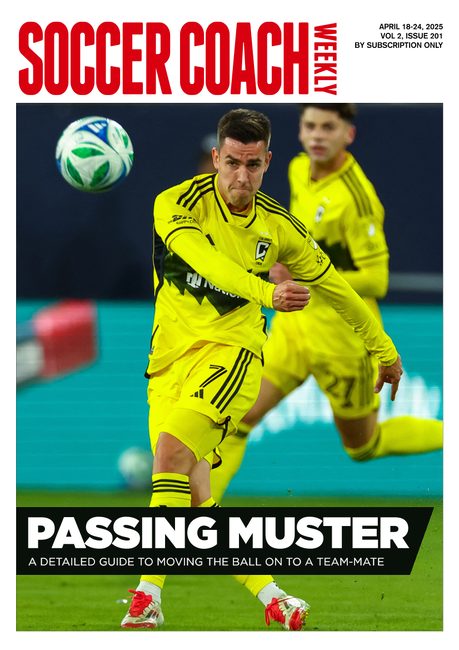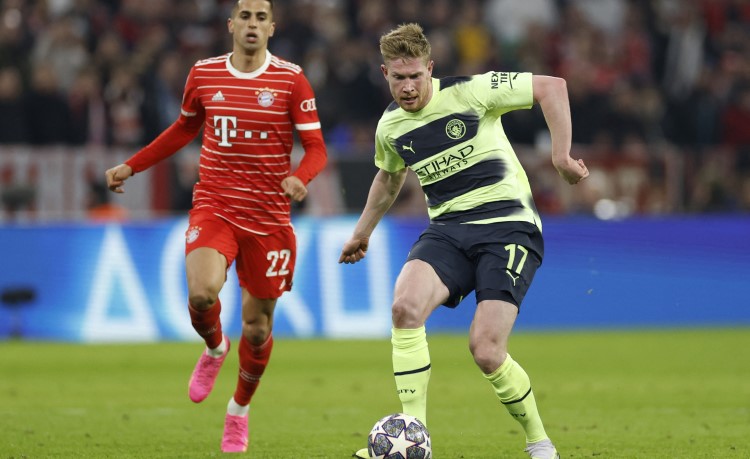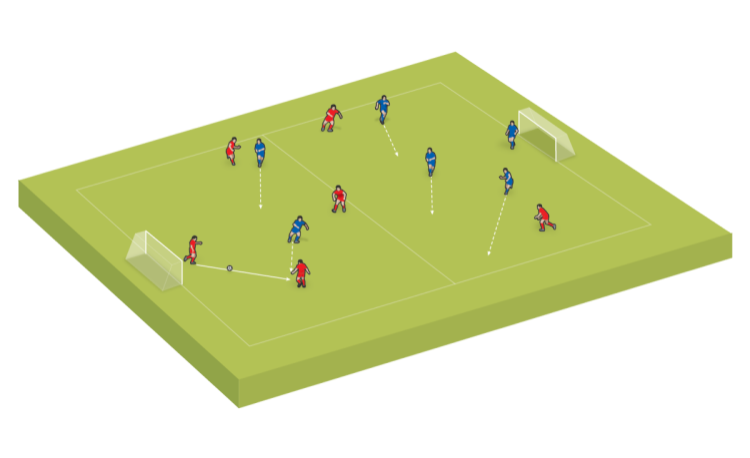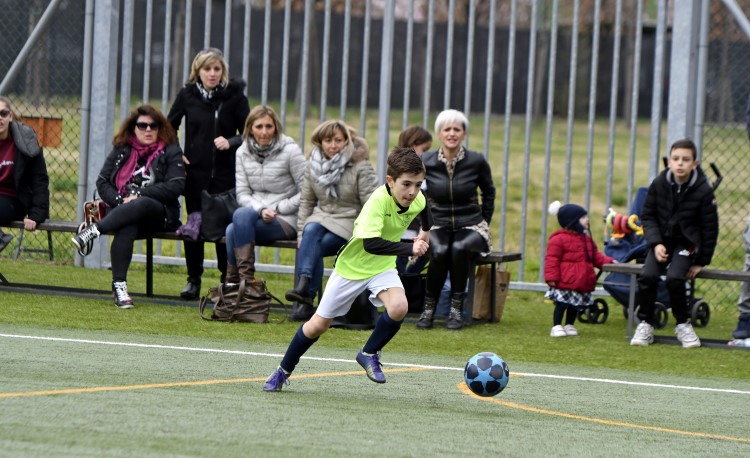Don't fly solo: make use of keen parents
If you get offers of help, don’t be too proud to accept
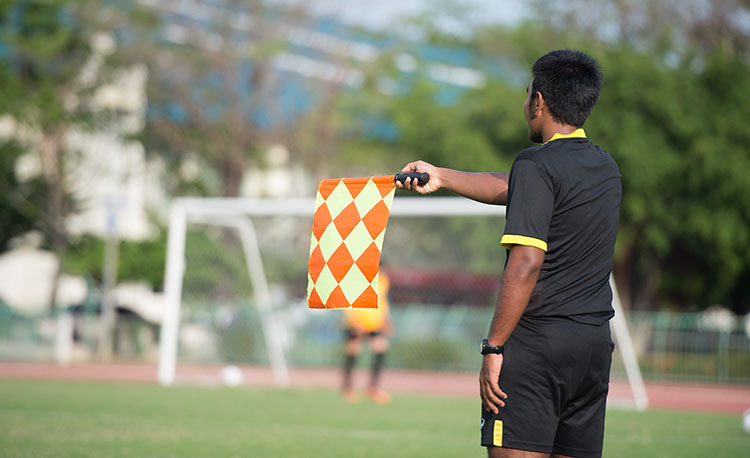
Grassroots coaches are often left to our own devices, trying to juggle what can seem like a million things at once – and feeling like we’re not getting any of them right.
For inexperienced coaches, it is hard to identify when you might need some more support. If you are just figuring out what coaching actually entails, how are you meant to know what your role should look like?
It took me a while to decide on my boundaries. The main way I began to implement some of them - and relieve some of the pressure - is by cultivating a group of parents that can help me out in various ways.
I realised that, for a while, I was dead set on minimising parent involvement. I was afraid of their judgement, worried about asking too much of them and keen to make sure I kept the line between coaching and parental influence on players.
Then I realised something. A lot of parents want to be involved, and both things - getting parents to support you, and maintaining that distance between parents and coaches - are possible.
I have gone from having to beg parents on the sidelines to run the line for me, to having three vying for the role, a stand-in referee, two people to warm up the goalkeeper, three people to help with matchday admin, and a couple of people who are comfortable stepping in to run the team when I’m away.
I am lucky in that my club sends these parents on courses to build their skillset and confidence - but the most important thing has been building relationships.
The biggest relationship I’ve built has been with a parent who is now my assistant coach. The one Dad that was brave enough to run the line for me a couple of years ago is now my right-hand man.
He would come over when I was doing my teamtalks and I could see his interest, so I started asking him for his input. I really liked what he said and how he was with the team.
From there, it grew – he became my assistant on matchday, I asked him to join us on training days, and now we meet for coffee each week to discuss how we can best support our players.
I have to admit – it hasn’t been the easiest thing for me to let someone help me in this way. I’ve had a lot of questions: is he so interested in helping because he thinks I’m doing a bad job? Would he have made his presence so known if I was male?
"Support and challenge is a better place to be than struggling alone..."
Working with someone else throws me a different set of challenges than working alone did. Sometimes I disagree with his ideas, or the way he’s done something. But support and challenge is a far better place to be in than struggling alone.
Often, too, my ego and expectations of myself have got in the way: I’m the one with the coaching qualification, I should be the one able to do this.
To work through this, I repeatedly remind myself of a few things.
Working in grassroots coaching is tough. Working with kids is tough. You can’t do it all by yourself. Everyone needs some support. New ideas and approaches will only challenge you and help you grow. Nothing is ever going to be perfect. Most importantly: if it helps your players, it’s the best and right thing to do.
So accept the help you are offered and that you need and appreciate it, too.
After all, they’re giving up their time in the same way you do.
Thank you for reading
to enjoy 3 free articles,
our weekly newsletter, and a free coaching e-book
Or if you are already a subscriber, login for full access
Newsletter Sign Up
Coaches Testimonials

Gerald Kearney, Downtown Las Vegas Soccer Club

Paul Butler, Florida, USA

Rick Shields, Springboro, USA

Tony Green, Pierrefonds Titans, Quebec, Canada
Subscribe Today
Discover the simple way to become a more effective, more successful soccer coach
In a recent survey 89% of subscribers said Soccer Coach Weekly makes them more confident, 91% said Soccer Coach Weekly makes them a more effective coach and 93% said Soccer Coach Weekly makes them more inspired.
*includes 3 coaching manuals
Get Weekly Inspiration
All the latest techniques and approaches
Soccer Coach Weekly offers proven and easy to use soccer drills, coaching sessions, practice plans, small-sided games, warm-ups, training tips and advice.
We've been at the cutting edge of soccer coaching since we launched in 2007, creating resources for the grassroots youth coach, following best practice from around the world and insights from the professional game.

